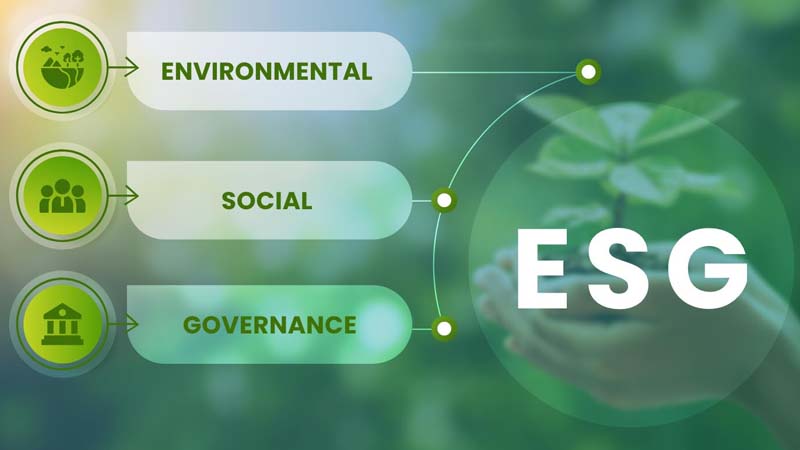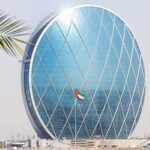
The real estate sector in the Middle East is undergoing a significant transformation with the increasing adoption of Environmental, Social, and Governance (ESG) principles. This shift is reshaping urban landscapes and setting a new direction for the industry’s future. The initiative to integrate ESG factors into investment decisions, initially proposed by United Nations Secretary-General Kofi Annan in 2004, has laid the foundation for this change. The principles for responsible investment (PRI) and the sustainable stock exchange Initiative (SSEI) have since become key frameworks guiding ESG investing.
The UN Global Compact (UNGC) plays a pivotal role in encouraging businesses to adopt practices focused on environmental sustainability, social responsibility, and good governance. These efforts are aligned with the UNGC’s principles and contribute to the achievement of sustainable development goals.
Globally, the real estate industry’s integration of ESG practices has been driven by heightened awareness of environmental and social issues, increasing demands from investors and consumers for responsible practices, and the growing urgency of addressing climate change. Furthermore, regulatory pressures, such as green building standards and disclosure requirements, have further spurred the adoption of ESG principles.
The financial benefits of ESG, including risk mitigation, cost savings, and enhanced property values, are significant incentives for real estate companies. However, incorporating ESG practices into business processes presents challenges, such as internal and supplier resistance to change. To establish a sustainable path forward, it is crucial to identify existing gaps, particularly in data quality, and strengthen internal capabilities and processes.
In the Middle East, rapid economic growth has sometimes overshadowed environmental and social considerations. The integration of ESG principles in this context requires a concerted effort to promote sustainable development. Digitalization in the construction industry plays a crucial role in this process. It improves performance, standardizes future processes, and reduces environmental impact. Technologies like carbon impact measurement tools and digital twins are instrumental in pre-construction assessments and scenario modeling for decarbonization.
Aldar Properties exemplifies this commitment by finalizing data baselines and developing a Net Zero Action Plan. The company’s initiatives range from enhancing customer satisfaction and investing in CSR to increasing national workforce representation and implementing energy management projects. These efforts signify a holistic approach to sustainability, aiming to reduce carbon footprints and preserve natural resources.
As the region continues to experience economic growth, there is a growing recognition of the need to balance this with sustainable development. The adoption of ESG principles in the Middle East real estate sector marks a significant step towards ensuring a more sustainable and equitable future.




